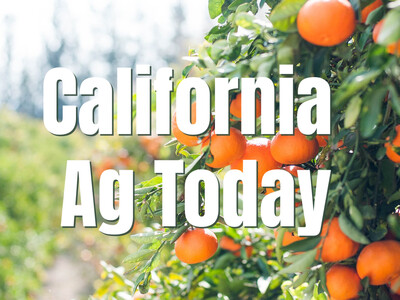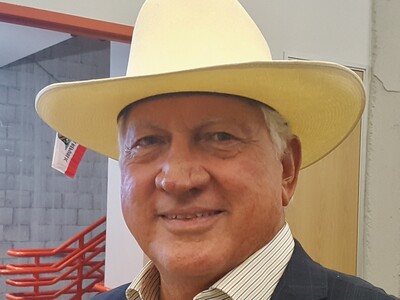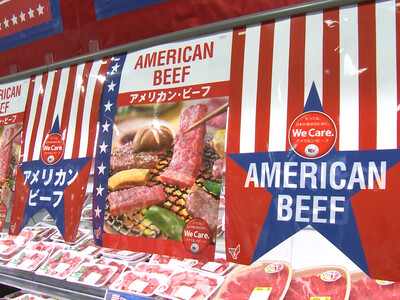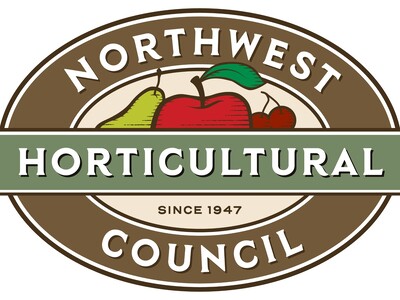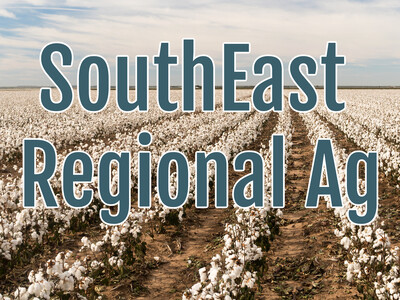No Bill & Pesticide Ruling
No Bill & Pesticide Ruling plus Food Forethought. I'm Greg Martin with today's Northwest Report.The Agriculture Committee leaders did not reach an agreement on a new farm bill. Four members of the committee met for more than an hour in the morning and less than half an hour Thursday afternoon before deciding there was no point to continue. Debbie Stabenow expressed disappointment the leaders hasn't reached agreement yet - but stated she would continue to fight for priorities the Senate feels are important. Ag Secretary Tom Vilsack says without a new bill - there will also be no subsidy reforms and savings. Instead of implementing new policies - he says he will face imposing very old ones.
VILSACK: At some point in time the USDA will be responsible under the law, to follow the law and to begin instituting the policies of the 1940's. No one wants to do that and the best and simplest way to avoid it having to be done at whatever point in time is by having Congress finish its work before the end of the year.
The Oregon Department of Agriculture has announced a series of measures designed to protect bees and other pollinators from exposure to certain pesticide products. ODA is requiring specific label statements restricting use of products containing the active ingredients dinotefuran and imidacloprid while strengthening its outreach and education efforts to pesticide users regarding pollinator protection.
Now with today's Food Forethought, here's Lacy Gray.
Recent comments by Ag Secretary Tom Vilsack regarding the so called "King Amendment" has ruffled the feathers of many within the ag community. Introduced as the "Protect Interstate Commerce Act", and contained in the House version of the farm bill, the amendment would prohibit states, such as California, from imposing its own standards of food production on other states. When asked about the amendment during a recent media conference call Vilsack said that the amendment is "a bit troublesome in that it would create legal challenges and confusion in the market place". Those opposing the amendment worry that it would keep some states from implementing stronger food-safety standards than others, possibly resulting in one with a weaker safety record setting standards for all the other states. In defense of the amendment King states that his provision would not prohibit a state from adopting laws regulating ag products produced within its own borders, it would simply prohibit a state from excluding lawfully produced ag products from other states from being sold within its borders and "ensure that radical organizations like the HSUS are prohibited from establishing a patchwork of restrictive state laws aimed at slowly suffocating production agriculture out of existence."
Thanks Lacy. That's today's Northwest Report. I'm Greg Martin on the Ag Information Network.






